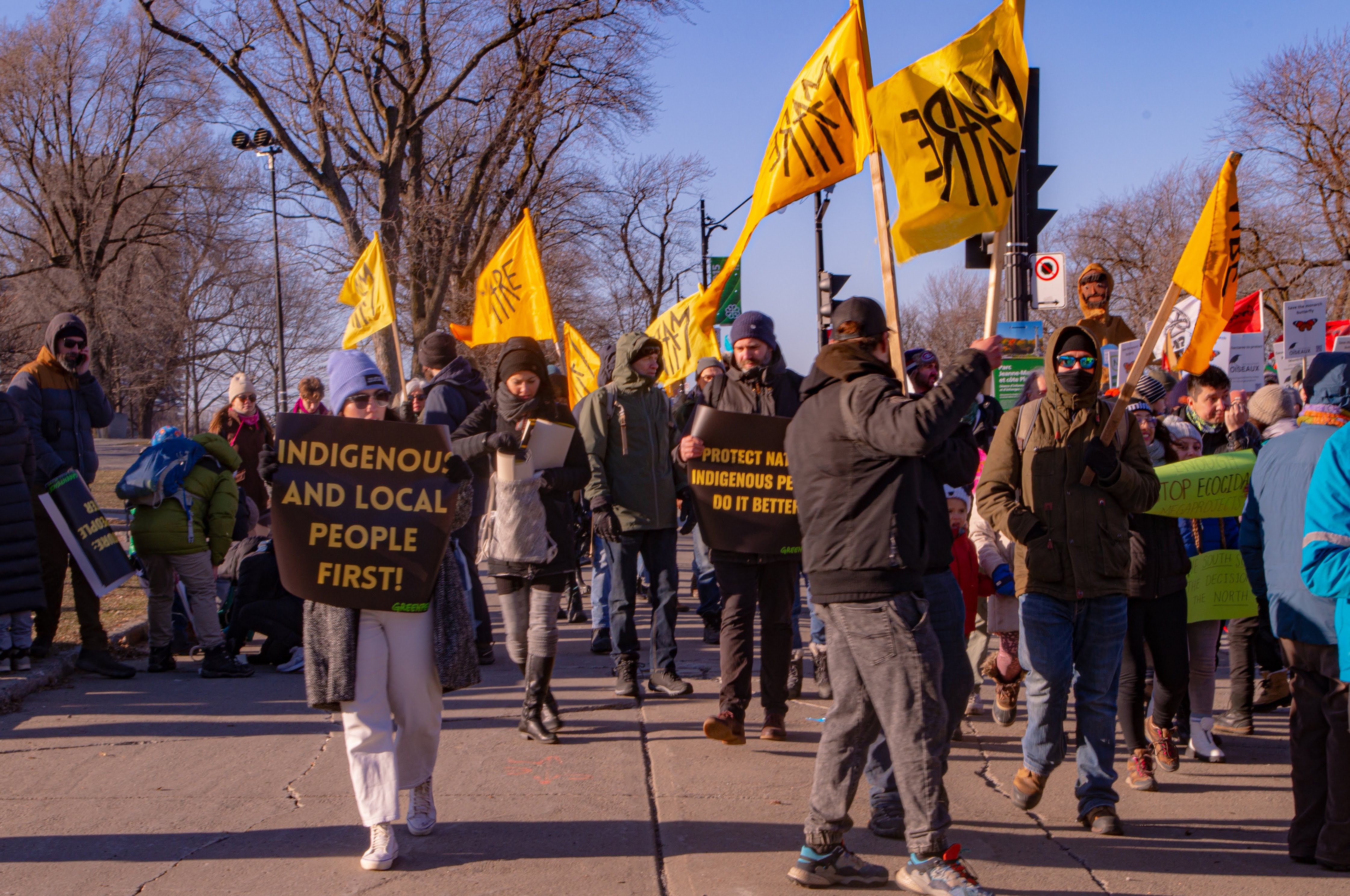
The Good, the Bad and the Ugly: A Historical Deal for Biodiversity
It was an awkward incident: right at the moment that the Chinese environment minister serving as chairman of the 15th Conference of the Parties to the UN Convention on Biodiversity (CBD COP15) wanted to adopt what has been touted as the “Paris Agreement of biodiversity”, the representative of the Democratic Republic of Congo (DRC) asked for the floor and stated that the agreement was unacceptable because it did not include a new independent Global Biodiversity Fund. It seems his words, spoken in French, were lost in translation for Chinese Environment Minister Huang Runqiu. He looked confused, quickly consulted the CBD Secretariat, and then lowered the hammer saying that the agreement was adopted as nobody had “objected”.
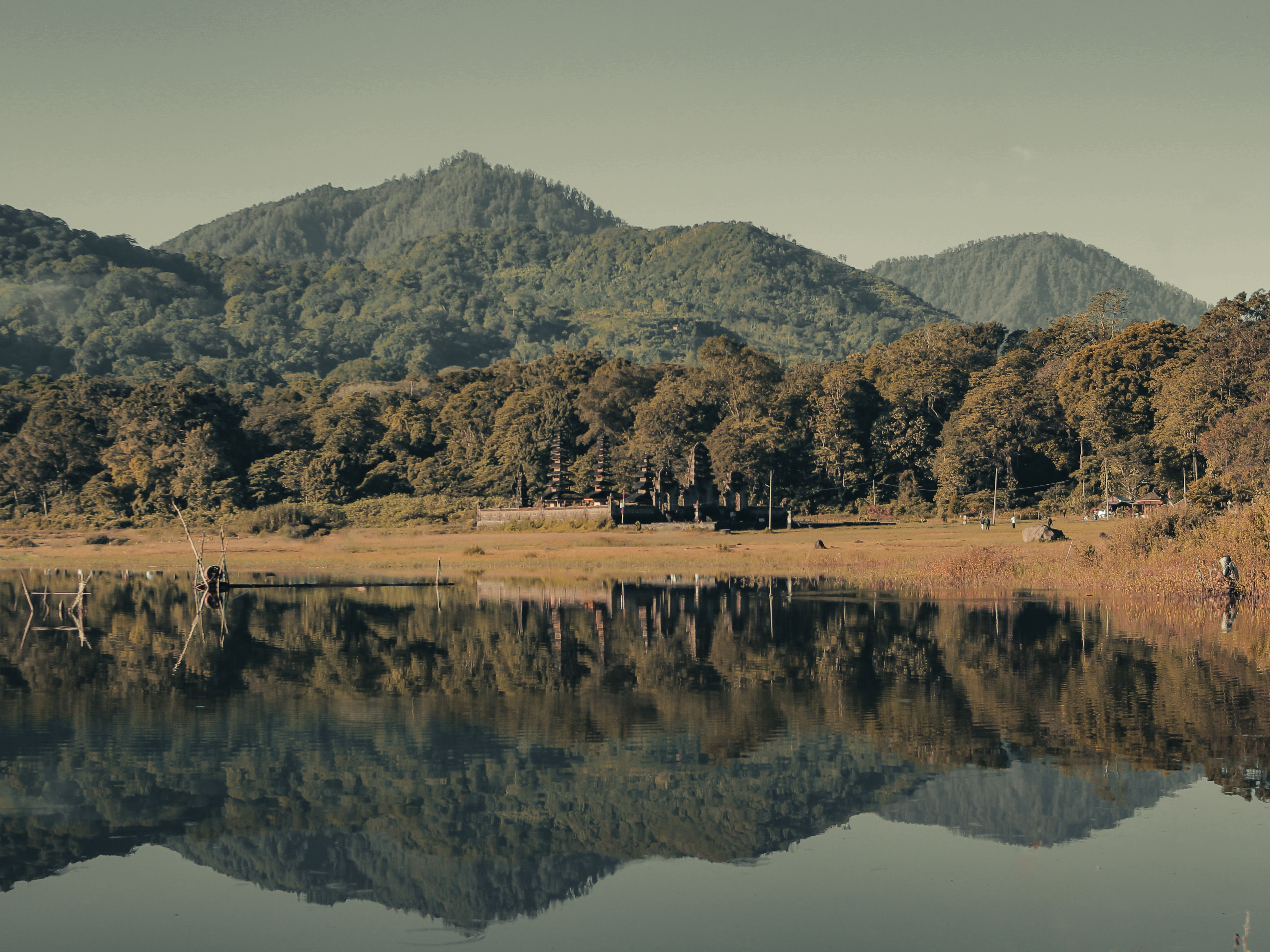
Indigenous youth in Bali are leading the way to keep their forest and lake sacred
August 9 commemorates the International Day of the World’s Indigenous Peoples. Indigenous youth are working as agents of change at the forefront of the climate and biodiversity crises. The youth of the Adat Dalem Tamblingan Indigenous people in Bali are leading the way: in order to protect the biodiversity in their lake and forest and preserve the values of their ancestors, they are raising awareness and documenting their culture through videos. The Green Livelihoods Alliance interviewed them:
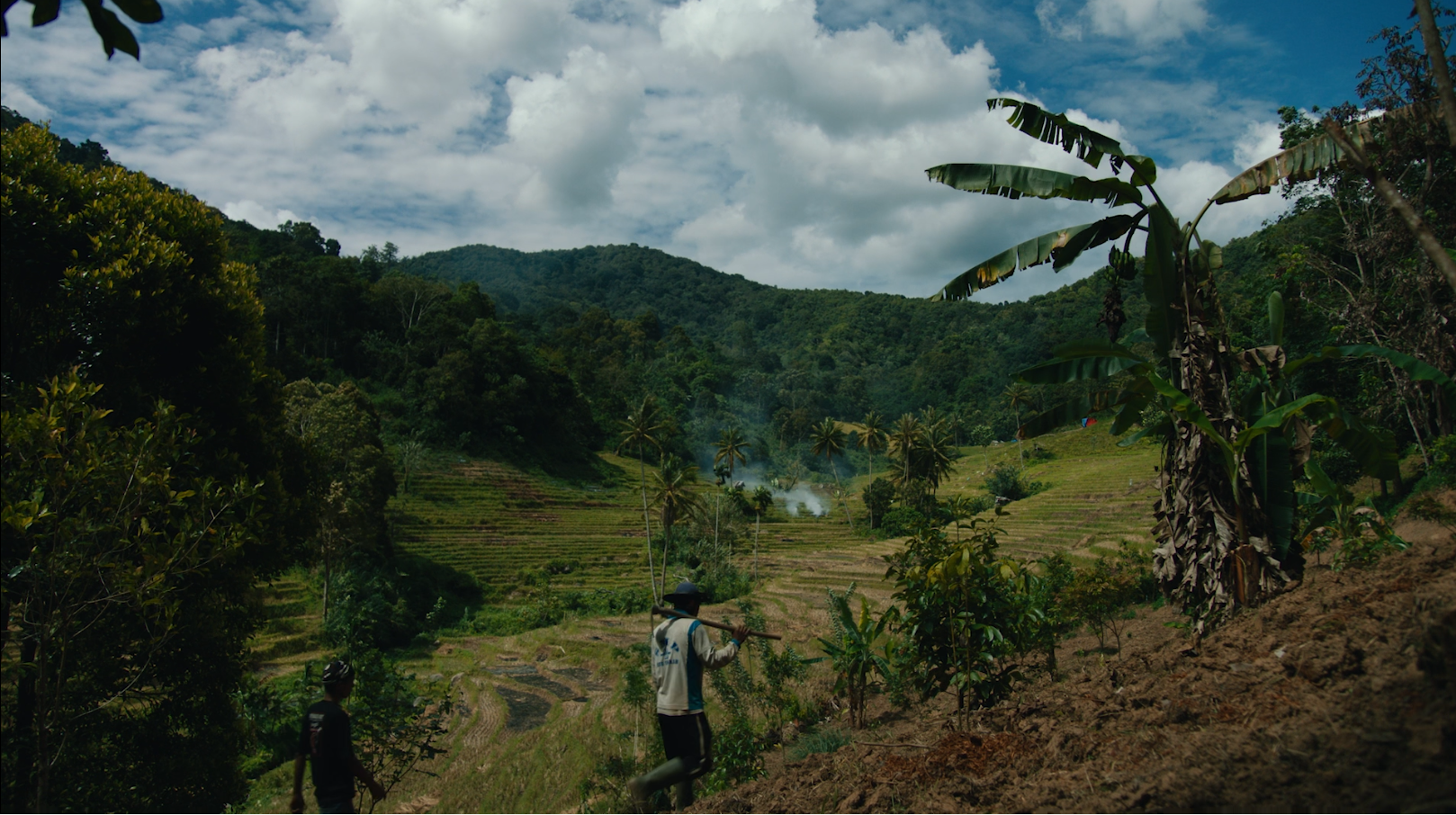
Exploring Locally Led Adaptation
Decisions on how to tackle the interconnected crises of climate change, biodiversity loss and entrenched poverty are mostly made far away from local contexts. Only a small proportion of resources are channelled to the local level for locally-designed and locally-led resilience initiatives. Locally Led Adaptation enables people to take the lead, by providing them the information, capacity, and resources they need to deal with the challenges of climate change, biodiversity loss and deprived livelihoods.
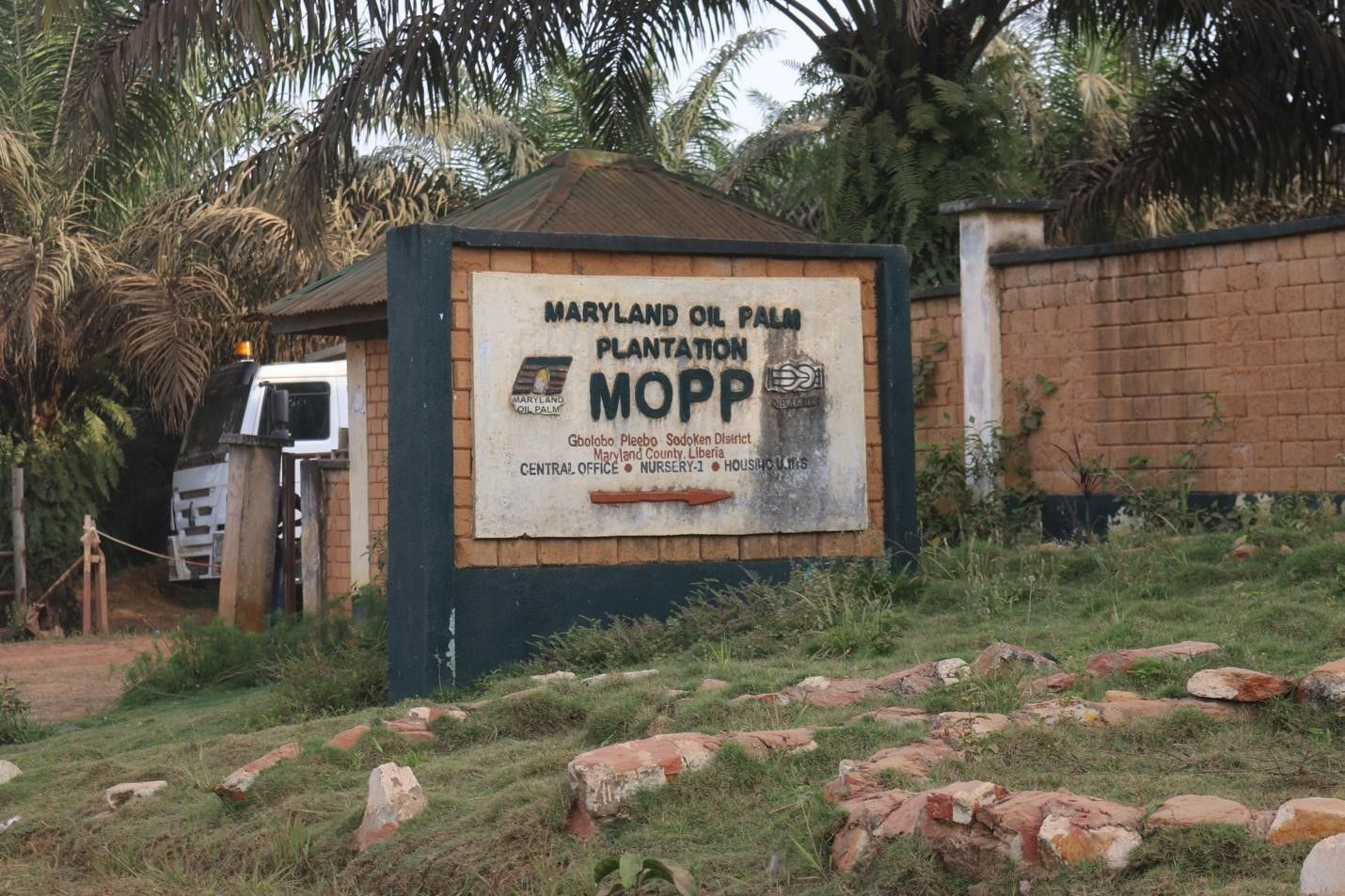
MOPP and PACs Strengthening Relationship Following SDI’s Intervention
With funding support from the Green Livelihoods Alliance Forest for a Just Future Program, the SDI and Milieudefensie conducted a research on the operations of MOPP in 2022. Findings from the research were released in February 2023. The findings showed social and environmental harms at the Maryland Oil Palm Plantation (MOPP).
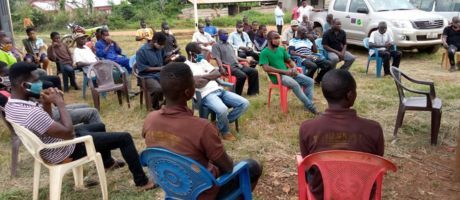
Ghana’s forest guardians use mobile app to expose illegal deforestation
In the Bia West district of Ghana, local communities are harnessing the power of a mobile app to help authorities detect and locate illegal logging.
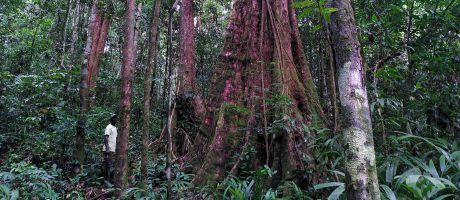
Selling forests for carbon credits is neo-colonialism
Liberia's government threatens to sell 1 million hectares of forests to Blue Carbon. The company wants to 'harvest' carbon credits and sell them to big polluters. This is land-grabbing and neo-colonialism. 14 NGO's call upon Liberia and Blue Carbon to immediately halt the negotiations.
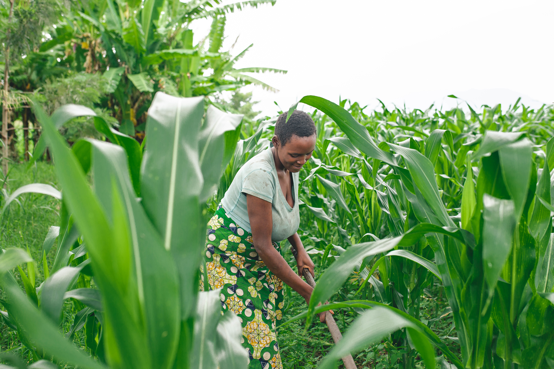
Congolese women’s association champions drought-resilient farming
A women’s association in the Democratic Republic of the Congo (DRC) is inspiring farmers to use drought-resilient farming techniques. The techniques which include agroforestry and soil health, are being popularised by the Union de Femmes pour le Progrès Social (UFPS) on the outskirts of Virunga national park.

Exploring the potential of Artificial Intelligence for nature conservation
Artificial intelligence (AI) is a formidable tool for data analysis, one capable of processing vast amounts of data generated from the natural world. As such, many practitioners in the field of nature conservation are finding ways to use AI to solve some of the problems present in this field. This article explores how AI could be used by Civil Society Organisations (CSOs) to improve the governance of tropical forests and build resilience to various threats.
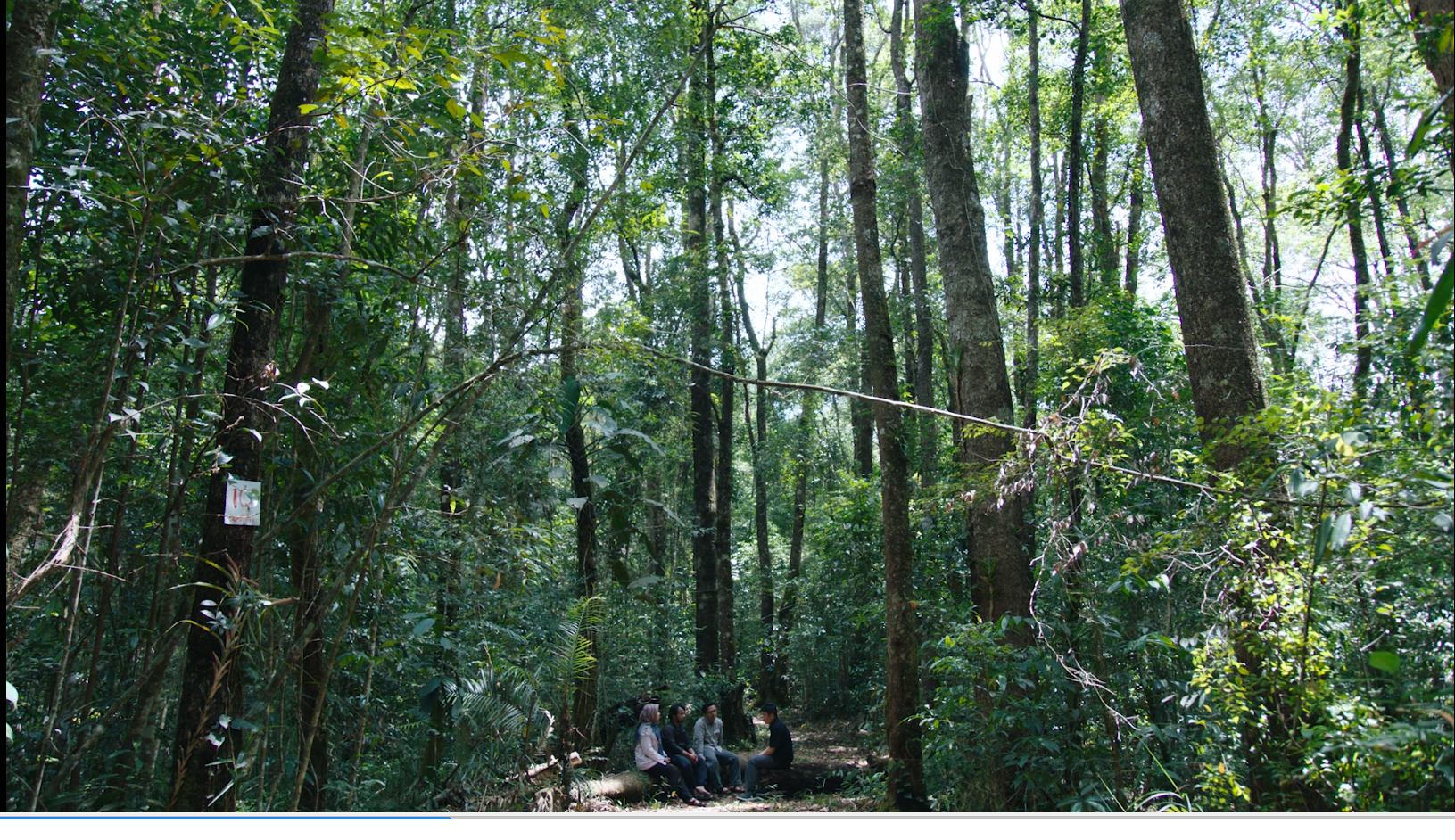
Locally led adaptation and social forestry in Indonesia
Indonesia is ranked in the top-third of countries in terms of climate risk, with high exposure to all types of flooding and extreme heat. The intensity of these hazards is expected to grow as the climate is changing. Empowerment of local stakeholders to lead in adapting to climate change ensures that the voices of communities on the frontline of climate impacts are heard in decision-making that directly affects their lives and livelihoods.
